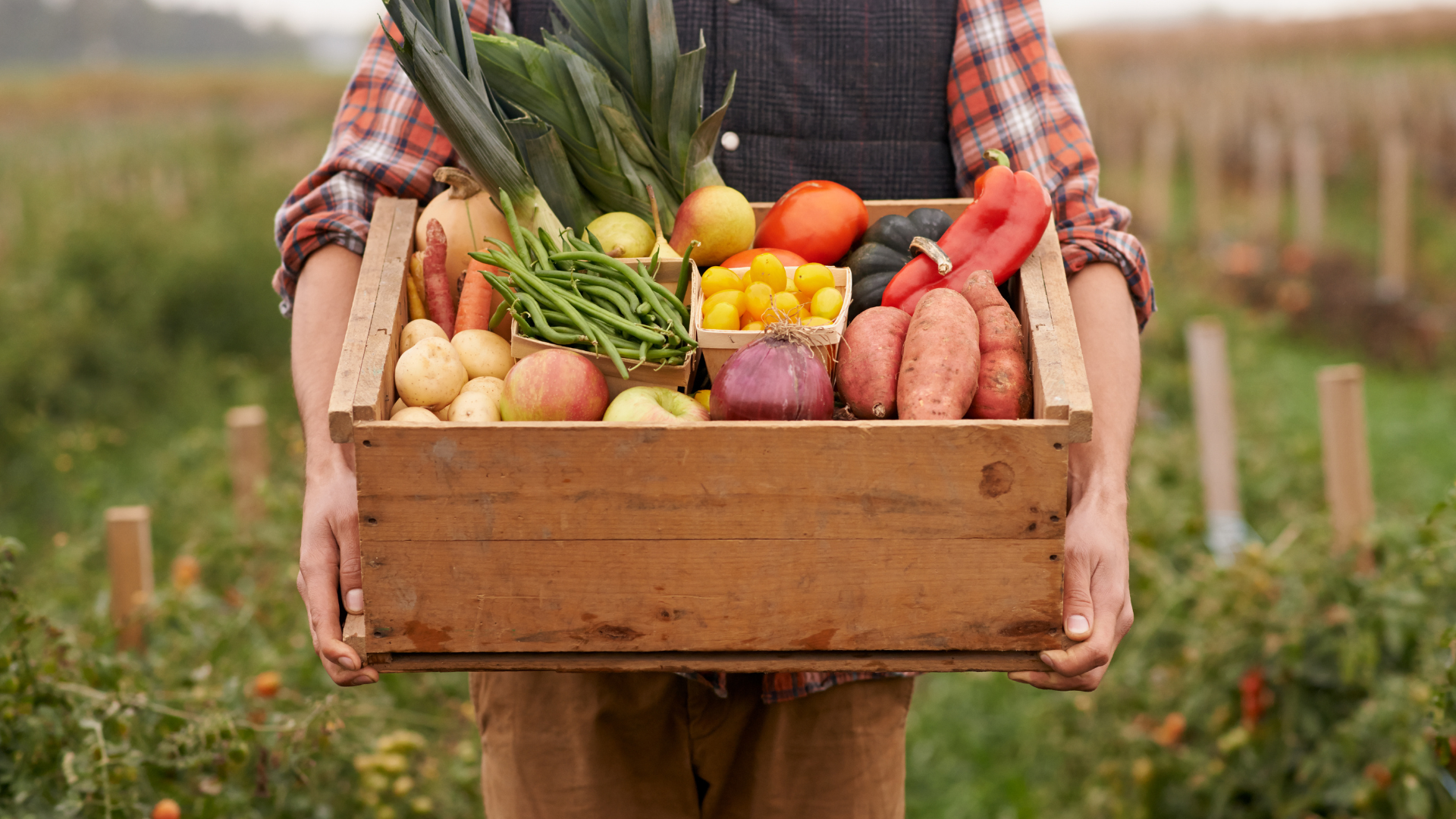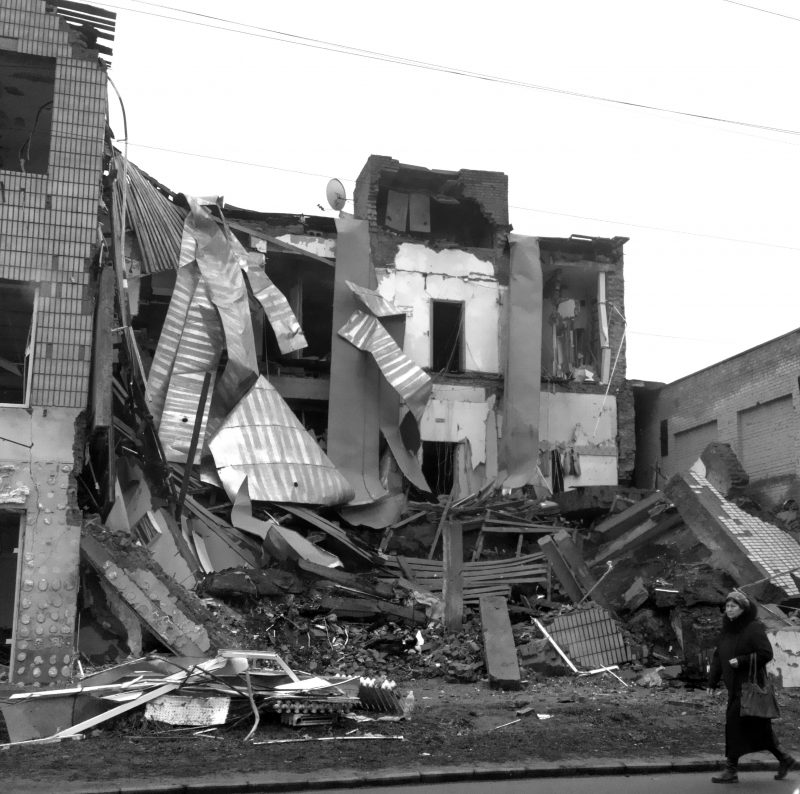The Russian invasion of Ukraine has had a devastating impact on the environment and global food market, particularly in Third World nations (also referred to as the Global South). Several instances of explosions in nuclear facilities, oil refineries and distribution pipelines have greatly contributed to the indiscriminate destruction of crops, agricultural land, and vital infrastructure in the region. Inevitably, such destruction has had an immediate impact on the people’s access to food supply in the North African and Middle Eastern countries that are dependent on the region for the same, leading to an impending food security crisis.
The implications of such destruction is noteworthy due to the information presented by the Food and Agriculture Organisation of the United Nations (‘FAO’), which indicates that 26 countries rely on wheat imports from Russia and Ukraine to fulfil 50% of their wheat requirements. According to data published by the United Nations World Food Programme (‘WFP’), an estimated 6 million children in the Sahel region of Africa remain malnourished, while 16 million individuals residing in urban areas are on the verge of experiencing food insecurity. Moreover, the aforementioned development has elevated the probability of food insecurity within the borders of Russia, and has the potential to trigger a global surge in malnourishment and famine, thereby intensifying concerns for developing nations. Furthermore, it is noteworthy that African nations exhibit a significant dependence on Russia and Ukraine for the procurement of essential agricultural commodities, including wheat, maize, and sunflower seed oil. It is worth mentioning that the Middle East and North African regions alone account for 80% of the wheat export from these countries. India’s annual demand for crude sunflower oil is largely met by Ukraine and Russia, accounting for up to 90% of the supply. The adverse effects of war and drought in certain regions have led to a heightened dependence on imports, exacerbating the potential consequences. Furthermore, the pre-existing risk of food insecurity in these areas compounds the issue. It has caused the agricultural commodity markets to remain highly elevated, even after retreating from their record high in 2022.
In this piece, we discuss that there is a need to establish a legal framework to account for Russia’s extraterritorial responsibility towards the Third World, to assess its violation of its obligation to protect the environment and its violation of the right to food. This framework must be compatible with a Third World Approach to International Law (‘TWAIL’)-centric analysis, as any such analysis would remain incomplete by simply focussing on the rights-rhetoric developed by the First World.
Establishing Russia’s Extraterritorial Responsibility towards the Third World
Russia has an Extraterritorial Obligation towards the Third World, which extends to countries that are not directly involved in the conflict. According to Article(s) 1 and 11 of the International Covenant on Economic, Social and Cultural Rights (‘ICESCR’), the Right to Food has a transnational impact due to the Covenant’s emphasis on transnational cooperation, with no specific provisions on extraterritorial implementation. Further, Principles II-IV of the Maastricht Principles on Extraterritorial Duties of States in the Field of Economic, Social, and Cultural Rights (‘ETO Principles’) emphasizes the territory is extended to places outside the State’s own territory if the ICESCR-rights can be influenced outside the state’s borders. According to the UN Committee on World Food Security’s Framework for Action for Food Security and Nutrition in Protracted Crises (‘FFA’), protracted crises may have international, regional, and trans-boundary aspects and impacts, including the presence of refugees. The UN General Assembly Resolution on the Right to Food emphasizes the extraterritorial commitment to respect and protect and urges States to ensure their political and economic actions do not impede the enjoyment of ICESCR rights in other States. The UN Special Rapporteur on the Right to Food and the UN Committee on World Food Security have been actively publishing reports on the plight of Third World countries due to the lack of food supplies and resources.
Russia has not fulfilled its extraterritorial commitment to provide help to foreign citizens, but indirect assistance is still needed. This has arisen due to its violation of its obligation to respect the right to food. In order to maintain its obligation to respect the right to food, Russia should have considered the effects of its actions on the global population (particularly in the Third World). This evaluation should have concluded that their actions would have calamitous consequences for global food security. Yet, the assaults were carried out, in violation of the universal extraterritorial obligation to respect (particularly in the Third World).
Identifying a TWAIL-centric legal framework to analyse Russia’s Extraterritorial Responsibility towards the Third World
Arguments for extraterritorial responsibility can be placed on Russia, but there is a less likelihood that Russia can be held accountable for its actions. To assess the damage to environment and food security caused by the conflict, it is necessary to identify a relevant standard to assess the damage. The Additional Protocol I (‘AP I’) to the Geneva Convention of 1977 mandates three conditions that must be satisfied during an armed conflict to trigger protection from environmental damage. This includes long-term, severe, and widespread damage to the natural environment by the chosen means of warfare. However, these conditions impose a very high threshold to establish environmental damage, as it only envisages damage towards a population for ten (10) years. In light of this, the Draft Principles on the Protection in Armed Conflict (‘DPPAC’) adopted by the International Law Commission is a more suitable framework to trigger environmental protection under the TWAIL analytical framework. It extends the obligation to protect the environment to all three stages of the armed conflict – before, during, and after. This brings the environmental law standard a step closer to the Third World, as the brunt of the impact, in this case, was borne by them.
The UN Special Rapporteur Report on ‘Conflict and the Right to Food’ highlights the effects of armed conflict on discrimination, inequality, bodily harm, ecological violence, and erasure. This could lead to the gradual ‘invisibilisation’ of such people through a violation of their food sovereignty, leading to their gradual ‘erasure’. The Russian invasion has caused environmental damage that directly impacts the food chain of the Third World and its population. In furtherance to this, access to food would become exclusive to First World citizens in the Third World, creating two classes of people based on their ability to meet basic needs. A legal analysis using a TWAIL analytical framework is necessary to bring international law closer to the ‘people’. Narratives by the global media, actions by States, and enforcement of statutes and obligations by States and International Organizations need to be developed further to provide for an equal space to TWAIL and its related approaches.

